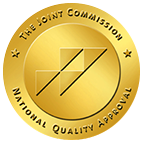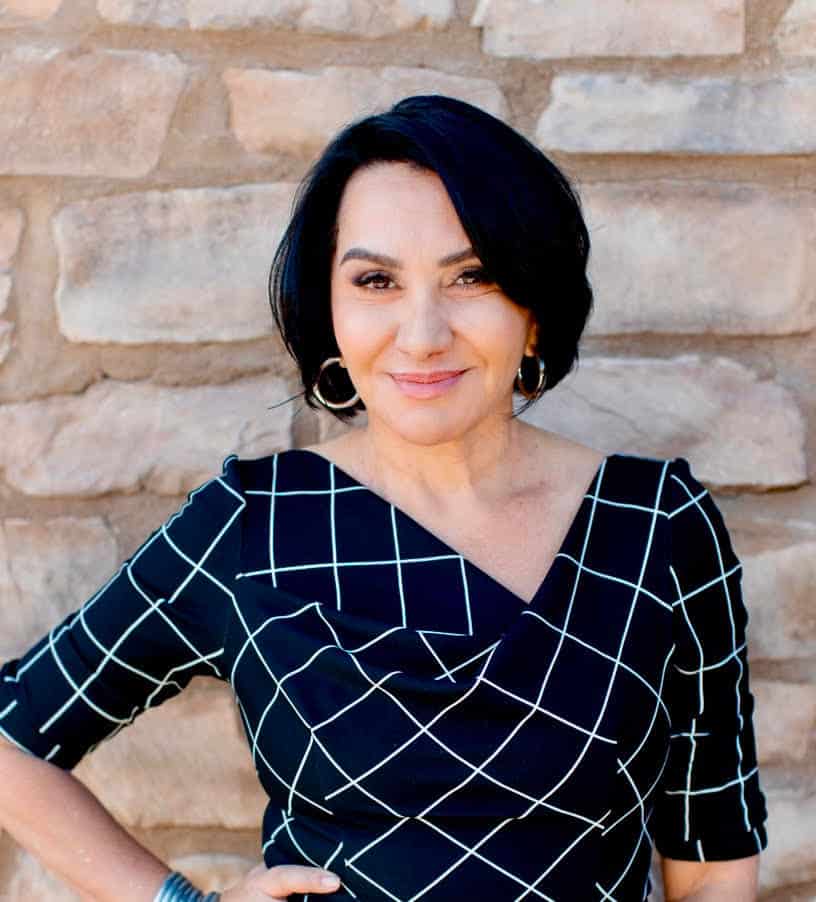16 Sep Intensive Outpatient Treatment

Our Intensive Outpatient Treatment Program.
Core services that are included in Intensive Outpatient Treatment(IOP) come standard with every dual diagnosis program at New Method Wellness. The definition of core services in an intensive outpatient program may vary according to the needs of a specific population. Generally speaking, one can come to expect the following services in an IOP program for substance use and co-occurring disorders:
- Individual Counseling
- Psychoeducational Group Counseling
- Relapse Prevention Counseling
- Process Groups
- Skill Development Counseling
- Pharmacotherapy
- Opiate and alcohol-blocking medication (e.g., Vivitrol)
- Treatment of Co-occurring Disorders
How long does an Intensive Outpatient Treatment Program Last?
The duration and frequency of IOP programs vary widely. Under the American Society of Addiction Medicine (ASAM) criteria, clients are required to complete at least nine (9) hours of therapy per week during the initial treatment stage. Typically, three hours of treatment are scheduled three times a week, day or night. Group counseling sessions can last anywhere from 30 minutes to 90 minutes, depending on the activity of the group (i.e., instruction vs. interaction). The entire course of intensive outpatient treatment can range between 4 and 8 weeks before clients progress to the next, less intensive stage.
Does Everyone Need to Attend an Outpatient Program?
The Substance Abuse and Behavioral Health Administration (SAMHSA), along with the Center for Substance Abuse Treatment (CSAT), recommends IOP services for every client seeking treatment for drug and alcohol abuse. The level of intensive outpatient treatment treatment is determined during the initial clinical assessment and can be broken down into four stages:
INITIAL ENGAGEMENT – GETTING STARTED
The substance abuse counselor assists clients in identifying treatment goals and responsibilities, such as attending group sessions, submitting samples for urine analysis, and maintaining sobriety.
During this stage, the counselor establishes trust in a positive therapeutic alliance with his or her client. Once goals are identified, the addiction counselor works with the client to prepare a treatment plan. If crisis intervention is needed, a credentialed drug and alcohol counselor will effectively work to resolve the crisis before treatment begins.
A crisis usually involves significant problems to which the client is oblivious. For example, a father’s alcoholic habit impairs his work performance to the extent that his employer notices a decline in the quality of work. The employee is unaware of the destructive consequences of alcoholism and continues to deny that he is an alcoholic. Vocational rehabilitation would be incorporated into the treatment plan so he can successfully reintegrate into the workforce.
EARLY RECOVERY
The services mentioned above, such as relapse prevention counseling and process groups, help individuals to develop skills and understand underlying motivations that compelled them to use addictive substances in the first place. Some strategies utilized during this stage may include the following:
- Group member feedback: Participants are encouraged to provide feedback about their peers’ distorted perceptions or ineffective habits that are destructive to their relationships
- Peer support: members gain self-esteem by helping others through their problems
- Cohesiveness: the group leader establishes ground rules for confidentiality and boundaries, establishing a safe place for participants to open up emotionally
- Catharsis: participants learn how to overcome the fear of self-expression. They are encouraged to discuss what’s bothering them without fear of rejection or shame.
MAINTENANCE
The Maintenance stage is a continuation of the first two stages. You can think of it as “putting into practice what you learned.” As you build upon the skills you learned, you will start seeing long-term results, such as…
- longer periods of maintained abstinence
- better coping mechanisms in the face of temptation
- overall emotional stability
- wider social circles
COMMUNITY SUPPORT
Near the end of the intensive outpatient program, the addiction counselor will assist clients in creating a discharge plan. Clients will be directed to available resources in their community and may be recommended to continue individual counseling and join local support groups. New Method Wellness has an Extended Aftercare program for alumni to promote community engagement and lifelong recovery.
Is Your Loved One Ready for Outpatient Treatment
When individuals are assigned to treatment against their own will as mandated by another agency, they are in the “pre-contemplation stage,” which means that they are not interested in changing at the present time or the near future.
If you have a loved one who is in this situation, New Method Wellness’s intake coordinator will place him or her in a pretreatment group where participants learn about substance use disorders and gain motivation to make better lifestyle choices, including seeking addiction treatment. Board-certified and licensed addiction professionals will use evidence-based techniques such as motivational interviewing to help individuals along their path to recovery.
To learn more, please call 866-951-1824 to speak with our Outreach Coordinator!
Related Topics
Clinically Reviewed By:
Deanna J. Crosby, M.A., LMFT, LAADC, Psy.D. (C)
Deanna Crosby is a Licensed Marriage and Family Therapist (LMFT) with over 20 years of experience working with clients in recovery. Her expertise has catapulted her into the spotlight. Featured on several episodes of the Dr. Phil Show as a behavioral health expert, DeAnna is a routine contributor for NBC News, The Huffington Post, Elle Magazine, MSN, Fox News, Yahoo, Glamour, Today, and several other prominent media outlets.
After receiving her bachelor’s degree from the University of California in Irvine, Crosby did postgraduate work at Centaur University where she graduated at the top of her class with a CAADAC certification in Centaur’s chemical dependency program. Following her time at Centaur, Crosby received her Master of Counseling Psychology degree from Pacifica Graduate Institute, where she also attained a Doctoral Degree in Depth Psychology.
TAKE THE FIRST STEP
From all of us at New Method Wellness co-occurring treatment center, we wish you peace and serenity in knowing that you or your loved one will get the necessary help.
ACCREDITED BY:


